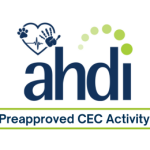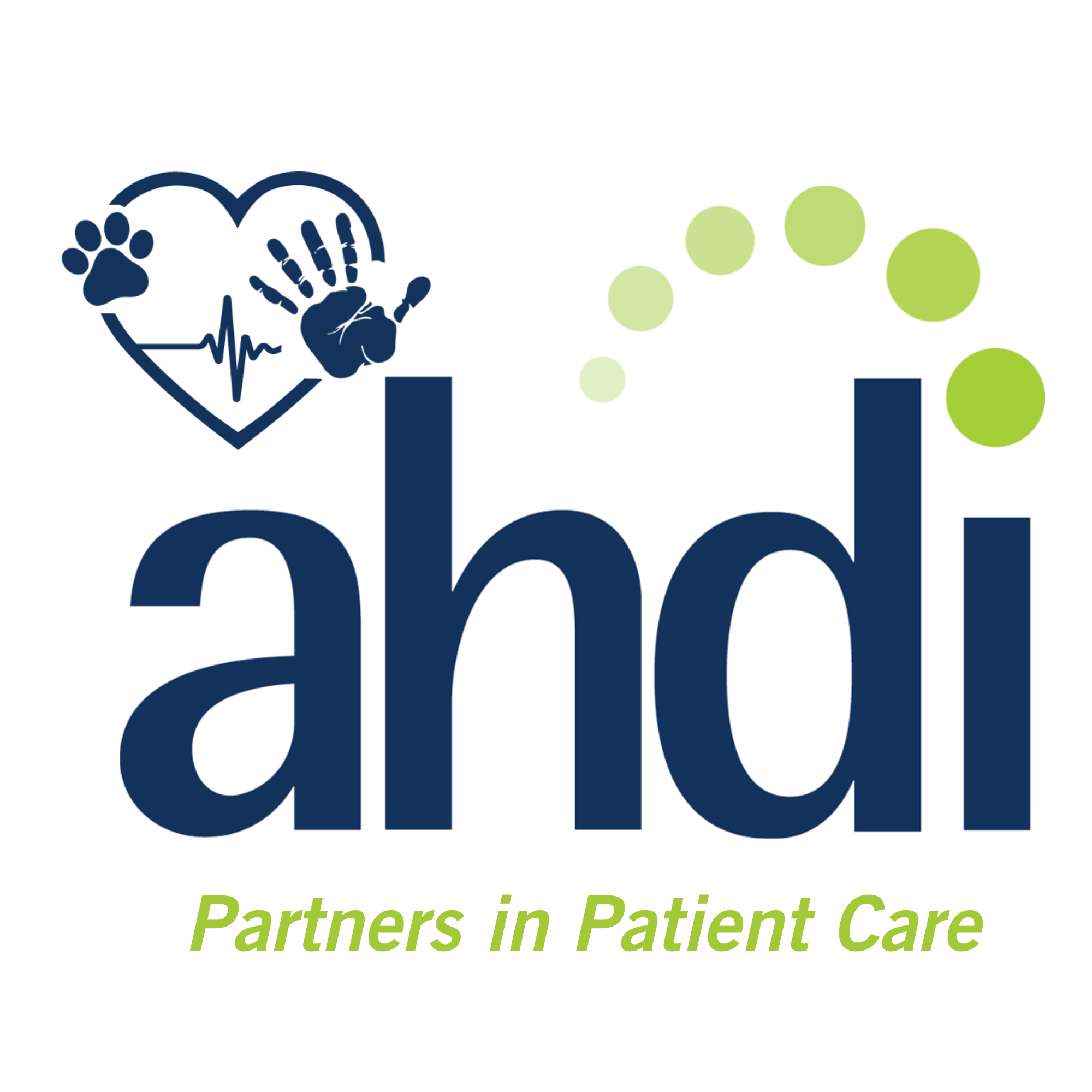
Our 2026 Program Committee is hard at work building this year’s conference schedule of speakers and topics. This page will be updated as sessions are confirmed. Print the Schedule at a Glance.
Tuesday, August 4 – Veterinary Medicine Topics
Day 1 Welcome and Announcements with President Karen Edwards, CHDP-A, RHDS
Session 1 - Veterinary Medicine Topic
Presenter: TBD
CEC:
Description:
—————————————————————————————————————————————————————————————-
ABOUT THE SPEAKER
Session 2 - Veterinary Medicine Topic
Presenter: TBD
CEC:
Description:
————————————————————————————————————————————————————————————–
ABOUT THE SPEAKER
Session 3 - Veterinary Medicine Topic
Presenter: TBD
CEC:
Description
—————————————————————————————————————————————————————————————-
ABOUT THE SPEAKER
Session 4 - Veterinary Medicine Topic
Presenter: TBD
CEC:
Description
—————————————————————————————————————————————————————————————-
ABOUT THE SPEAKER
Wednesday, August 5 – Human and Veterinary Medicine Topics
Day 2 Welcome with President Karen Edwards, CHDP-A, RHDS
Session 5 - Human and Veterinary Medicine
Presenter: TBD
CEC:
Description:
—————————————————————————————————————————————————————————————-
ABOUT THE SPEAKERS
Session 6 - Human and Veterinary Medicine
Presenters: TBD
CEC:
Description:
—————————————————————————————————————————————————————————————-
ABOUT THE SPEAKERS
Session 7 - Human and Veterinary Medicine
Presenter: TBD
CEC:
Description:
————————————————————————————————————————————————————————————–
ABOUT THE SPEAKER
Session 8 - Human and Veterinary Medicine
Presenter: TBD
CEC:
Description:
—————————————————————————————————————————————————————————————-
ABOUT THE SPEAKER
LIVE ZOOM SOCIAL EVENT - Game Night: EMERGENCY!
Presenter: Sheila Guston, CHDS, CHDP-A, CHDP-S, AHDI-F
CEC: CM/VCM
Description:
Attendees, it’s your turn to step out from behind the keyboard! An ER patient’s life depends on you! Can you diagnose and treat him/her before it’s too late? 🩺
Put your clinical skills to the test as you’re working in the ER and presented with a series of signs and symptoms from the fascinating world of medicine. Your goal? Orders tests, diagnose and treat the patient before it is too late.
Show up, suit up, and see if you’ve got what it takes to save a life!
————————————————————————————————————————————————————————————–
ABOUT THE SPEAKER
Sheila has nearly 25 years of experience in healthcare documentation and is dedicated to maintaining document integrity. Since 2017, she has held the role of Interim CEO at AHDI, where she champions excellence in healthcare documentation and supports all professionals committed to ensuring the accuracy of medical records. Sheila was instrumental in developing the first clinician-created documentation integrity auditing program at Corewell Health in Grand Rapids, MI, a role she held after her time as HIM Transcription Supervisor. With patient advocacy always top of mind, Sheila encourages everyone to actively engage with their medical records to improve health awareness, prevent medical errors, and achieve optimal healthcare outcomes.
Thursday, August 6 – Human and Veterinary Medicine Topics
Day 3 Welcome and Announcements
Session 9 - Human and Veterinary Medicine
Presenter: TBD
CEC:
Description:
—————————————————————————————————————————————————————————————-
ABOUT THE SPEAKER
Session 10 - Human and Veterinary Medicine
Presenter: TBD
CEC:
Description:
————————————————————————————————————————————————————————————-
ABOUT THE SPEAKERS
Session 11 - Human and Veterinary Medicine
Presenter: TBD
CEC:
Description:
—————————————————————————————————————————————————————————————
ABOUT THE SPEAKER
Session 12 - Human and Veterinary Medicine
Presenter: TBD
CEC:
Description:
——————————————————————————————————————————————————————————-
ABOUT OUR SPEAKER
LIVE ZOOM SOCIAL EVENT - TBD
Presenter: TBD
Description:
————————————————————————————————————————————————————————————–
ABOUT THE SPEAKER
Friday, August 7 – Human Medicine Topics
Day 4 Welcome and Announcements
Session 13 - Human Medicine Topics
Presenter: TBD
CEC:
Description:
—————————————————————————————————————————————————————————————-
ABOUT THE SPEAKERS
Session 14 - Human Medicine Topics
Presenter: TBD
CEC:
Description:
—————————————————————————————————————————————————————————————-
ABOUT THE SPEAKER
Session 15 - Human Medicine Topics
Presenter: TBD
CEC:
Description:
—————————————————————————————————————————————————————————————-
ABOUT THE SPEAKER
Session 16 - Human Medicine Topics
Presenter: TBD
CEC:
Description:
—————————————————————————————————————————————————————————————-
ABOUT THE SPEAKER
Session 18 - Human Medicine Topics
Presenter: TBD
CEC:
Description:
—————————————————————————————————————————————————————————————-
ABOUT THE SPEAKER
LIVE ZOOM SOCIAL EVENT - CONFERENCE WRAP UP!
Presenters: Karen Edwards, CHDP-A, RHDS, and Patt King, CHDS, CHDP, AHDI-F
Description:
Join us for the closing session of HDIVC26 as we reflect on key takeaways from an inspiring event. We’ll celebrate the transition of leadership with the ceremonial pinning of the current AHDI President, Karen Edwards, CHDP, RHDS, as she transitions to AHDI Immediate Past President. We will end on a high note with our exciting final prize drawings. Don’t miss this uplifting send-off!
—————————————————————————————————————————————————————————————-
ABOUT THE PRESIDENT
Karen Edwards works at MyMichigan Health in Michigan as a Senior Medical Transcriptionist. She is a Certified Healthcare Documentation Professional – Auditor and a Registered Healthcare Documentation Specialist. She has over twenty-five years’ experience in healthcare documentation. She is the current President of AHDI’s Board of Directors for the 2025-2026 term.
ABOUT THE PRESIDENT-ELECT
Patt King, CHDS, CHDP, AHDI-F, currently serves as AHDI’s President-elect for the 2025–2026 term. She has served 2 terms on the Board of Directors. From 2013 to 2024, she was a Health Information Management (HIM) manager at Tucson Medical Center (TMC) in Tucson, Arizona, where she led a team of healthcare documentation specialists. In January 2024, she transitioned to a new role as Manager of the Proof-of-Concept Department for Medical Necessity – Pre-Services within TMC’s Revenue Cycle. Her former team of HDSs also transitioned and now serve as medical necessity analysts. In addition to her leadership roles on AHDI’s Executive Committee over the years, Patt continues to chair the Best Practices Task Force, which is currently focused on updating AHDI’s Best Practices for roles around AI-assisted Documentation. She remains committed to supporting AHDI through ongoing volunteer work on future initiatives.
*Schedule subject to change without notice.
Continuing Education Credits
The program provides continuing education credits (CECs) for those who hold the following credentials: RHDS, CMT, CHDS, CHDP, CHDP-A, CHDP-S, and CVHDP.
Not credentialed? Learn more about the many types of credentials AHDI offers.
Human Healthcare Documentation Categories
- Clinical Medicine (CM)
- Medicolegal (ML)
- Professional Development (PD)
- Technology and Tools (TT)
- Complementary Medicine (CoM)
Veterinary Healthcare Documentation Categories
- Veterinary Clinical Medicine (VCM)
- Veterinary Medicolegal (VML)
- Veterinary Professional Development (VPD)
- Veterinary Technology & Tools (VTT)
- Veterinary Complementary Medicine (VCoM)
